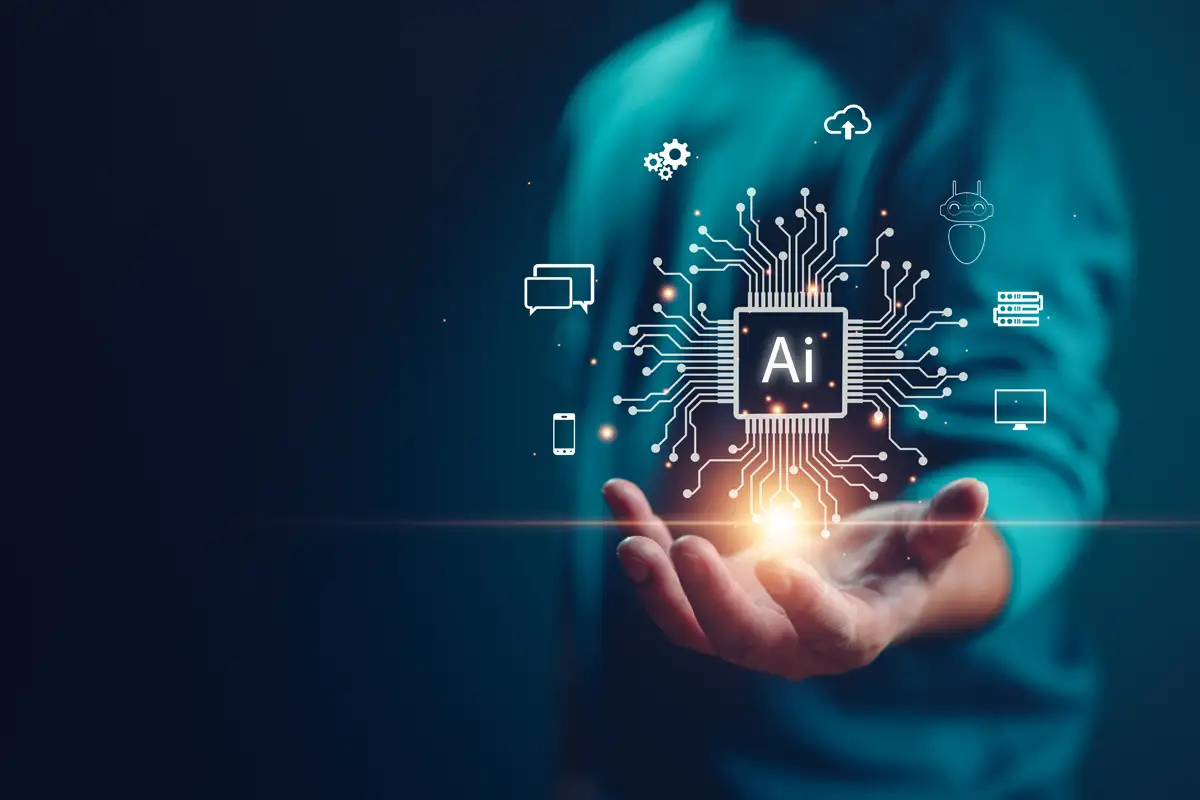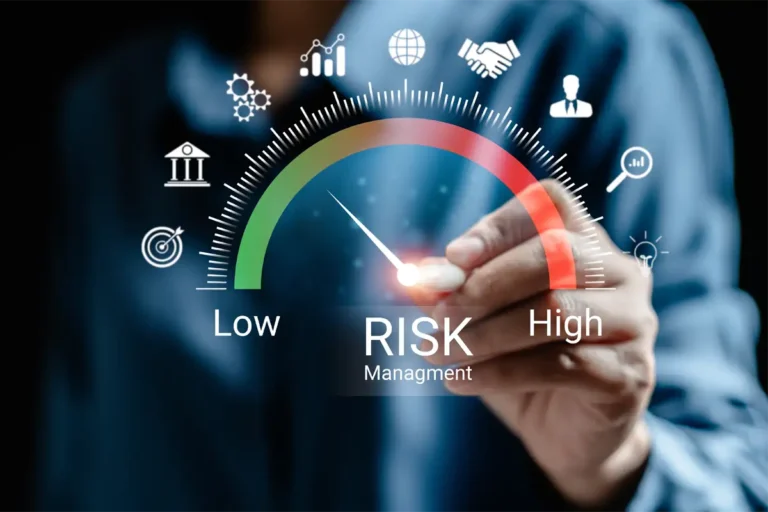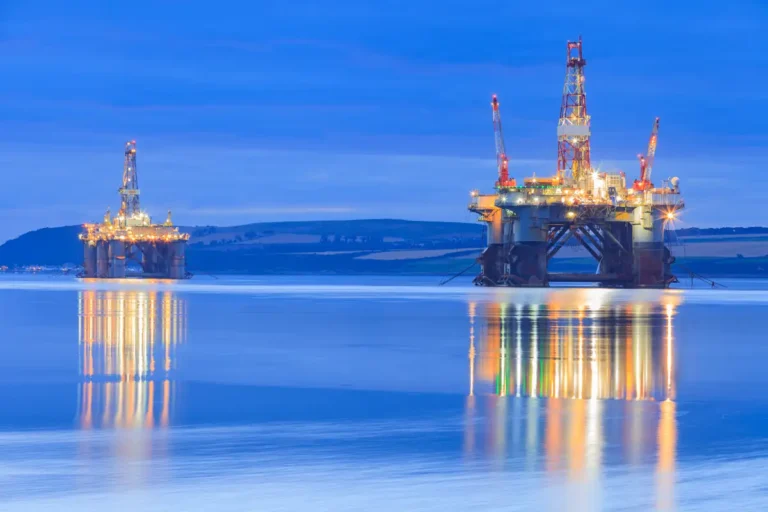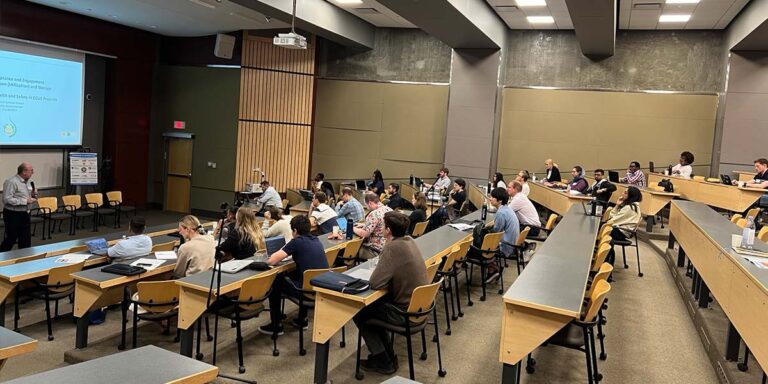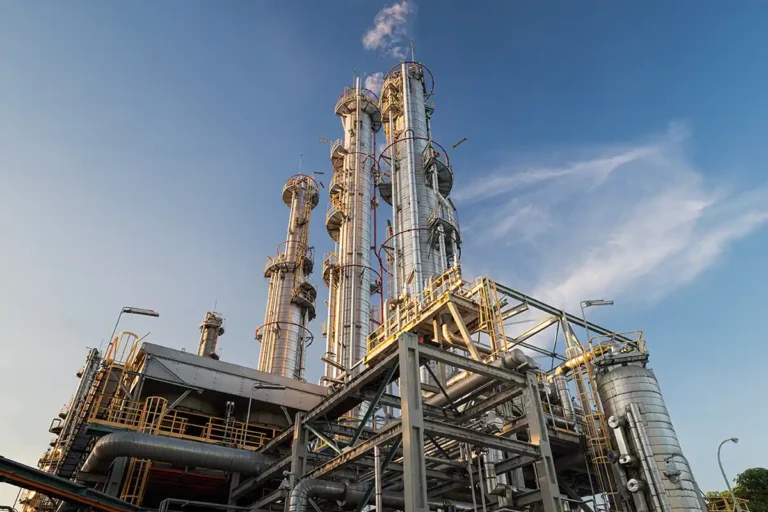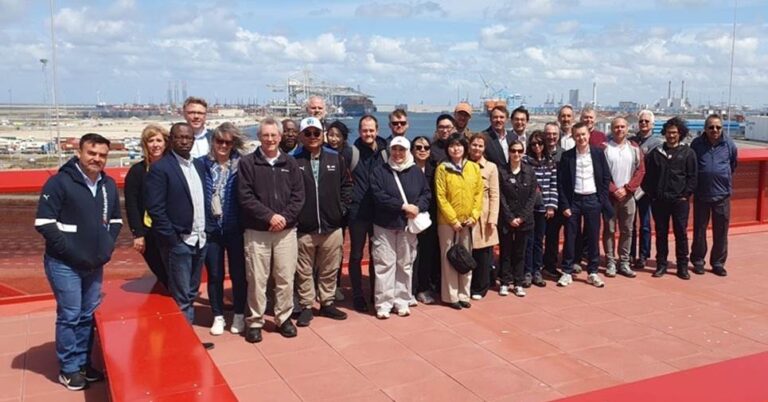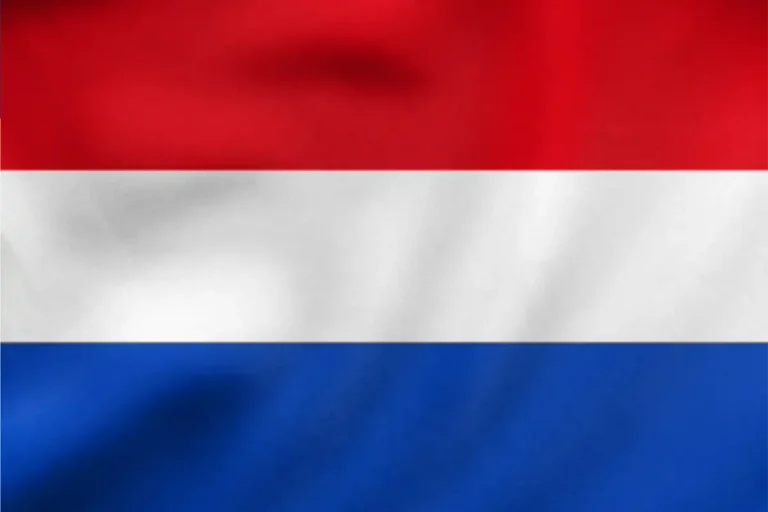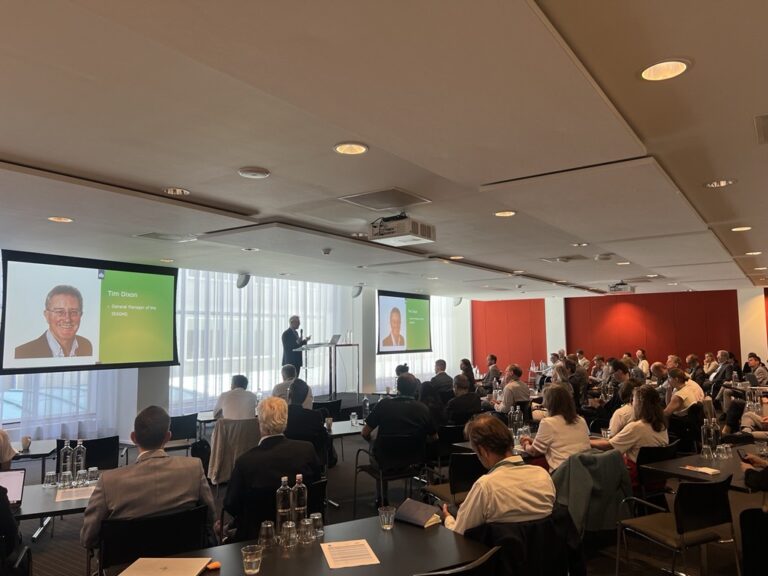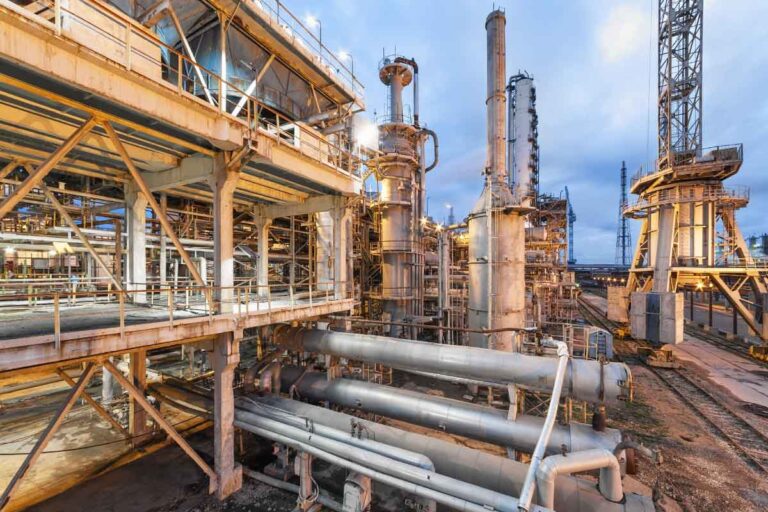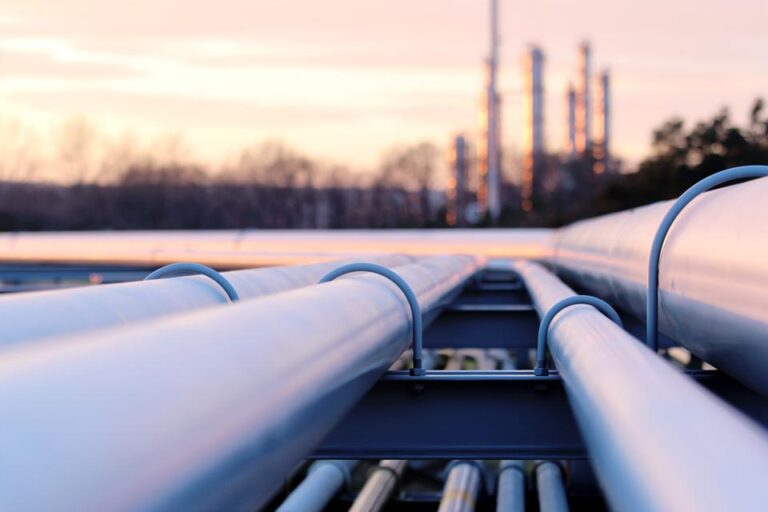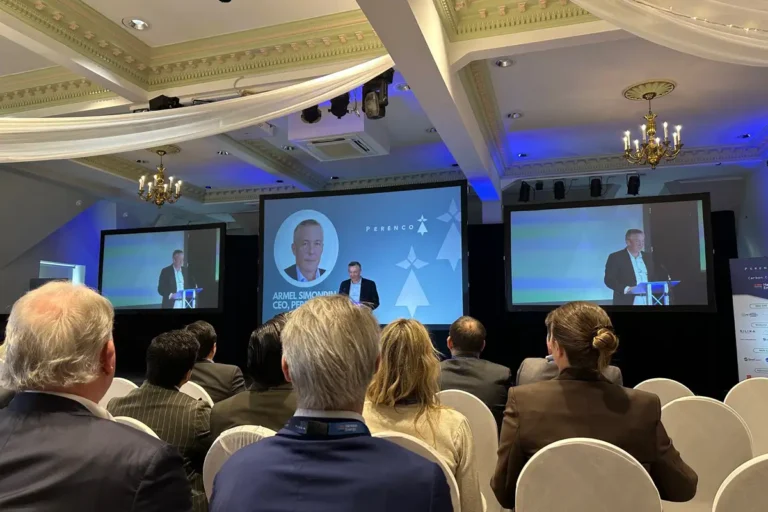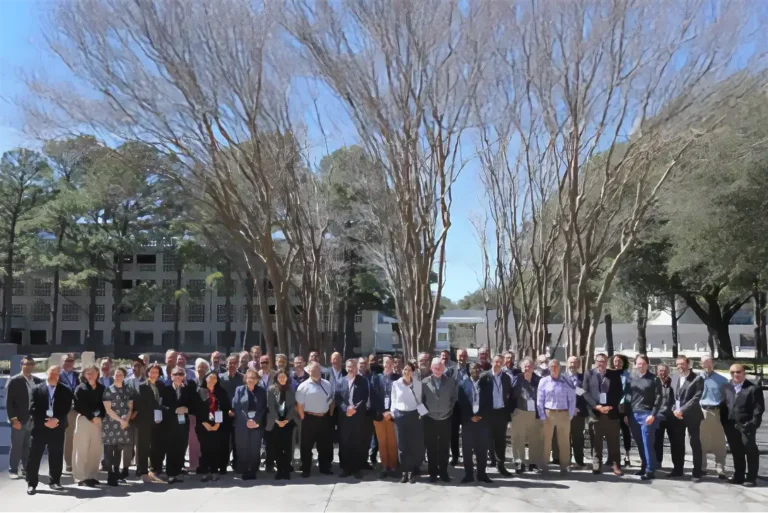15:45 – AI in Supply Chain Analysis
AI for analysing biomass supply for BECCS
Speaker:
AI use cases for CCUS permitting
CCUS permitting involves preparing and reviewing extensive documentation of project narratives that span subsurface, wells, injection operations, monitoring, reporting and verification, emergency response procedures, financial responsibilities, environmental impact, and community engagement. In the case of the US, notices of deficiencies and requests for additional information for Class VI permits have increased EPA review times from 24-month targets to 40+ months, impacting project economics and delaying decarbonization efforts. We discuss AI use cases in the context of Class VI permits, and how it can improve process efficiencies in preparation, administrative completeness and technical reviews.
Speaker:
- Eric Redmond – ClassVI.ai



